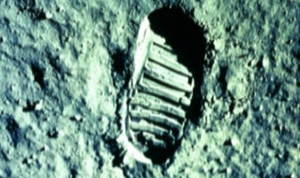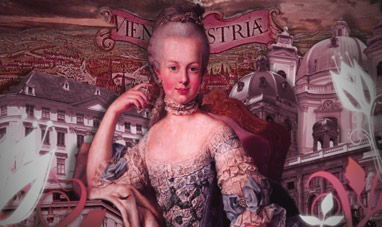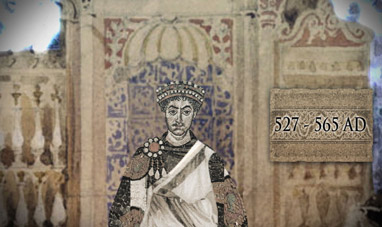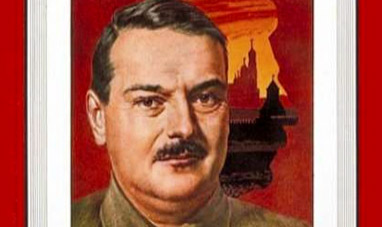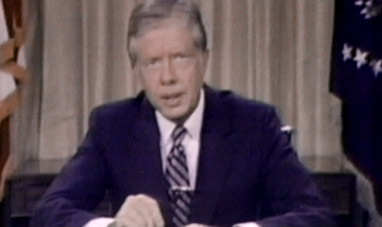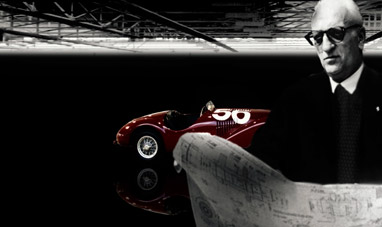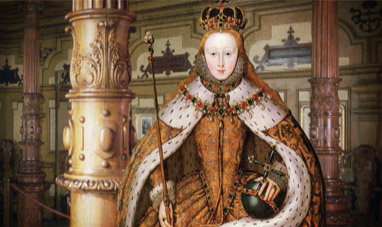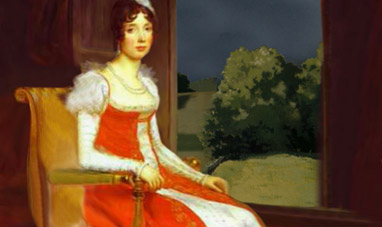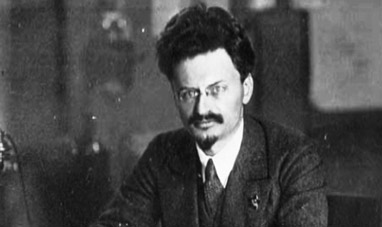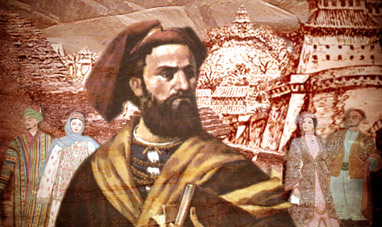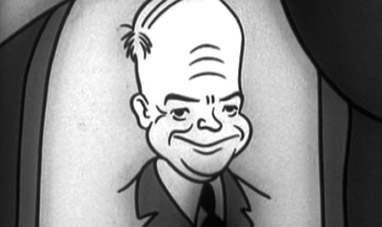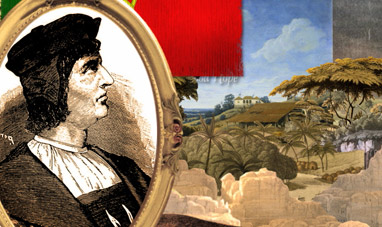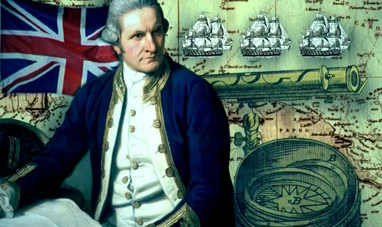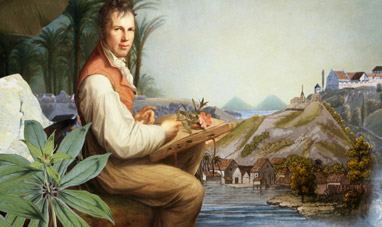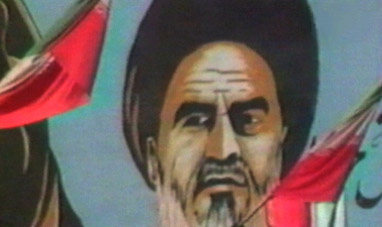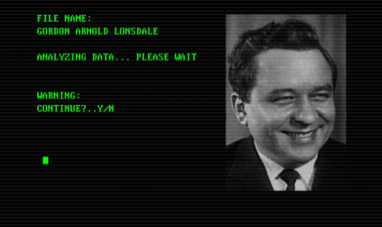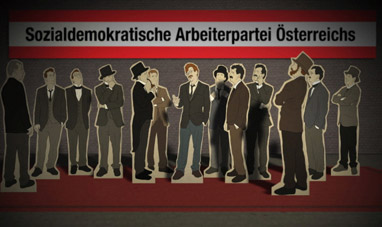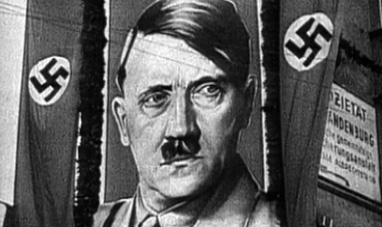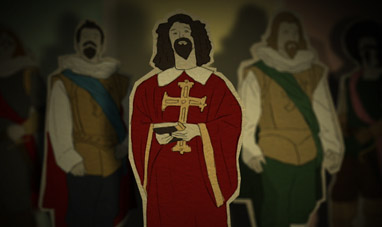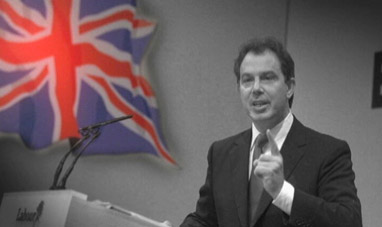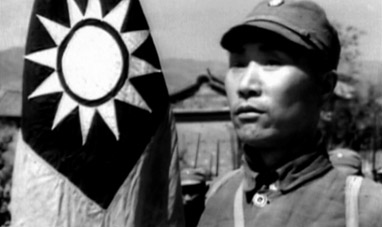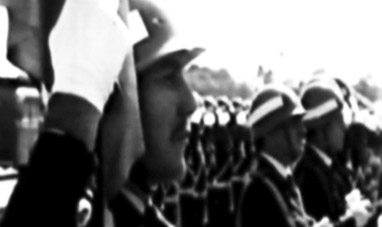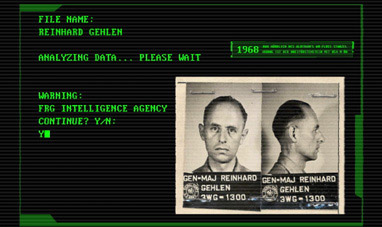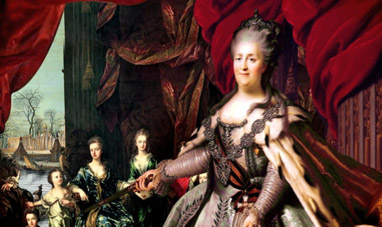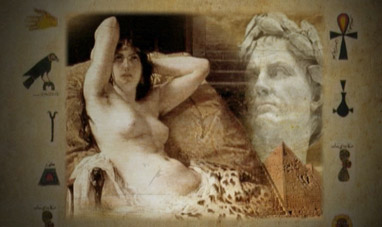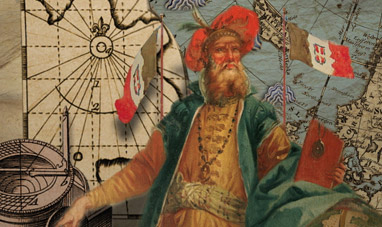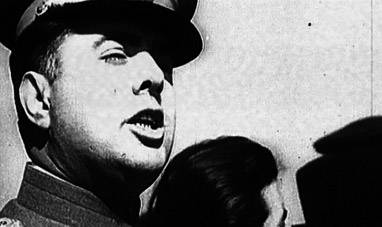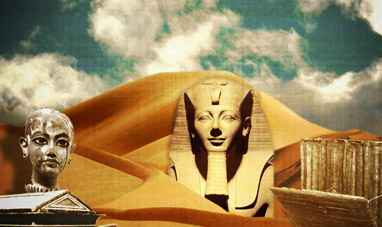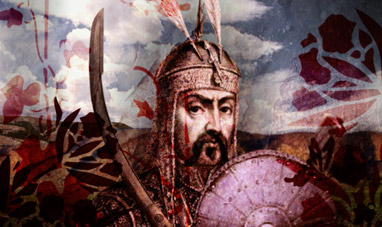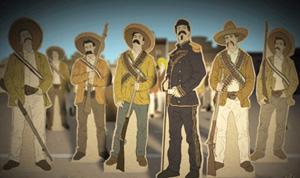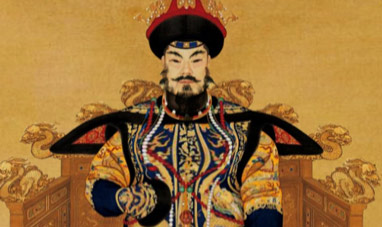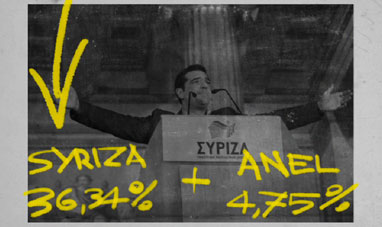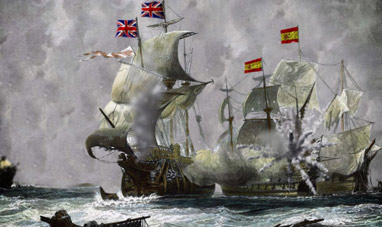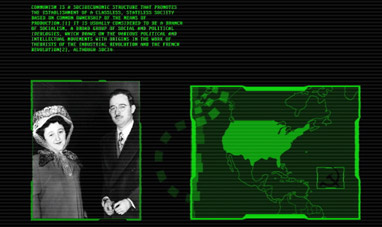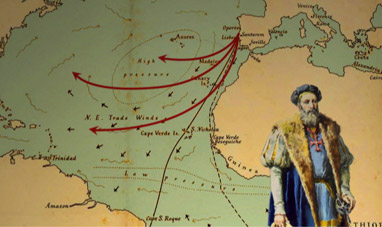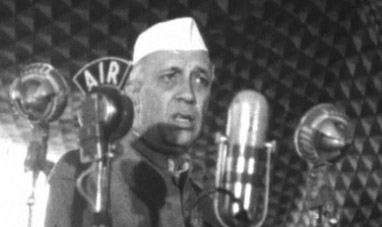Fidel Castro is a politician and Communist revolutionary who ruled Cuba from 1959 to 2008. Castro was born near Birán, Cuba on August 13, 1926. He graduated with a law degree from a university in Havana and represented the People’s Party in a bid for a legislative seat in 1952. His political party aimed to combat rampant corruption and foreign investors’ influence on Cuban politics. However, a coup d'etat by ex-President Fulgencio Batista cancelled the elections, and Batista went on to established a US-backed dictatorship. Castro opposed the Batista regime, and led an assault on the Moncada barracks in Santiago de Cuba on July 26, 1953. The operation was a disaster, and Castro received a 15-year prison sentence. Gaining amnesty in 1955, he moved to Mexico and reunited with other Cuban exiles Batista had persecuted. Castro also met Ernesto "Che" Guevara, who became a key figure in the Cuban Revolution.
On December 2, 1956, Castro and his men landed in Cuba. Defeated once again, they sought refuge in the island’s mountainous regions. There Castro plotted the so-called Barbudos Revolution. After two years of struggle, Castro’s forces compelled Batista to flee. Castro assumed control of Cuba in July 1959. With all the country’s power in his hands, he acquired the nickname Líder Máximo. Castro’s policies were inspired by socialism. He expanded universal health care and education, promoted state ownership of industries formerly controlled by foreign investors, and aligned Cuba with the Soviet Union. Images of Fidel and Che became symbols for Communists around the world. However, Castro’s policies had a negative effect on American interests in Cuba.
The US broke diplomatic relations with Havana and staunchly opposed Castro’s regime, imposing a heavy trade embargo on Cuba. These were the years of the Cold War, an undeclared conflict between America and the USSR that began in the wake of World War Two. The US government saw a threat in Castro, who had established a pro-Soviet state just a few miles off American coasts. For his part, Castro fueled Cuban fears of an invasion by the US. Over the years, he concentrated all of Cuba’s power in his and the Communist Party’s hands. He suppressed all forms of opposition, imprisoning or exiling many dissidents. After the collapse of the USSR, Castro had to manage without Soviet economic support. He partially opened up the Cuban market and implemented a freer foreign policy. In 1998, he allowed Pope John Paul II to visit Cuba. At the start of the 21st Century, continual health problems forced Castro to make fewer public appearances. On February 24, 2008, now 81 years old, “El Líder Máximo” turned the presidency over to his brother, Raúl Castro.
On December 2, 1956, Castro and his men landed in Cuba. Defeated once again, they sought refuge in the island’s mountainous regions. There Castro plotted the so-called Barbudos Revolution. After two years of struggle, Castro’s forces compelled Batista to flee. Castro assumed control of Cuba in July 1959. With all the country’s power in his hands, he acquired the nickname Líder Máximo. Castro’s policies were inspired by socialism. He expanded universal health care and education, promoted state ownership of industries formerly controlled by foreign investors, and aligned Cuba with the Soviet Union. Images of Fidel and Che became symbols for Communists around the world. However, Castro’s policies had a negative effect on American interests in Cuba.
The US broke diplomatic relations with Havana and staunchly opposed Castro’s regime, imposing a heavy trade embargo on Cuba. These were the years of the Cold War, an undeclared conflict between America and the USSR that began in the wake of World War Two. The US government saw a threat in Castro, who had established a pro-Soviet state just a few miles off American coasts. For his part, Castro fueled Cuban fears of an invasion by the US. Over the years, he concentrated all of Cuba’s power in his and the Communist Party’s hands. He suppressed all forms of opposition, imprisoning or exiling many dissidents. After the collapse of the USSR, Castro had to manage without Soviet economic support. He partially opened up the Cuban market and implemented a freer foreign policy. In 1998, he allowed Pope John Paul II to visit Cuba. At the start of the 21st Century, continual health problems forced Castro to make fewer public appearances. On February 24, 2008, now 81 years old, “El Líder Máximo” turned the presidency over to his brother, Raúl Castro.

